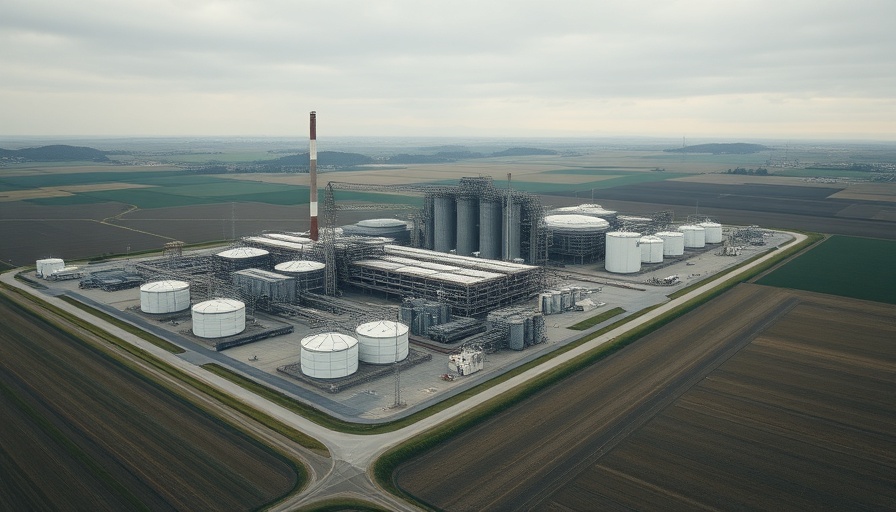
Texas on the Brink of Economic Transformation?
The landscape of business in Houston, Texas, known for its attractive economic incentives, is at a potential crossroads. Proposed changes by Texas State Senator Brian Birdwell aim to restructure the existing Chapter 380 and 381 economic development incentive programs, vital tools for municipalities attempting to lure major corporations. The upcoming Senate Bill 878 could significantly alter how local governments interact with businesses seeking relocation or expansion.
Understanding the Proposed Changes
Senator Birdwell's bill comes with a set of sweeping changes. It mandates increased public disclosure prior to the approval of any incentives, ensures performance-based metrics are integrated into funding agreements, and sets strict limits on the duration and type of incentives available, including a prohibition on property tax abatement. These changes could ensure transparency, but they also come with risks of reduced flexibility that many believe are essential for Texas's competitive edge in economic development.
The Impacts of Legislative Change
Local economic development leaders express deep concern that these legislative changes could hinder Texas's ability to compete for high-profile projects. The fear is palpable, especially after Texas lost major bids to companies like Micron Technology, which opted for New York, and Intel, which journeyed to Ohio, often due to more enticing incentive packages offered by those states. Mike Kamerlander, president of the Hays Caldwell Economic Development Partnership, remarked that limiting the most flexible tool available to attract businesses could cost Texas dearly.
Why Transparency Might Come at a Cost
Birdwell's intentions seem to arise from a desire for greater transparency and accountability to taxpayers. However, the economic development community warns that increased scrutiny and stricter rules may drive prospective businesses away from Texas. Site selection consultants note that if companies perceive the state's incentive framework as cumbersome, they may choose to invest elsewhere, prioritizing states that offer clearer and more favorable incentives.
Future of Texas's Economic Landscape
As legislators debate SB 878, Texas’s reputation as a pro-business environment hangs in the balance. The state has historically excelled in attracting investment through a variety of local incentive programs, but with this proposed legislation, stakeholders are left questioning whether they may lose their edge in a competitive market. With the current unpredictability surrounding incentives, businesses may indeed think twice before committing substantial resources to operations within state boundaries.
Community Engagement: The Key to Decision-Making
Another critical aspect of the bill requires municipalities to hold public hearings before any loans or grants can be approved. This requirement aims to empower the community and ensure that local stakeholders can voice their opinions on significant financial decisions that can ultimately affect their towns. Such engagement may lead to more responsible government spending, but there's a delicate balance to maintain; too much red tape could deter critical investment.
The Ongoing Conversation
As Senator Birdwell's legislation progresses through the economic development committee, it’s essential to consider both the short- and long-term implications of these proposed changes. While enhanced transparency in government dealings can foster public trust, it must not come at the expense of economic growth. Finding a way to strike this balance could dictate Texas's path in the near future.
 Add Element
Add Element  Add Row
Add Row 



Write A Comment